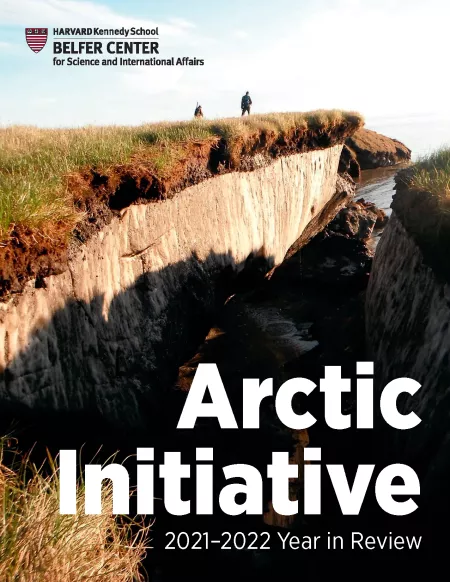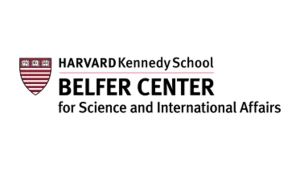
Friends and colleagues,
In February, the Russian invasion of Ukraine upended Arctic geopolitics, challenging the longstanding tradition of cooperation in the Arctic and threatening to undermine vital collaborations on development, resource extraction, shipping, Indigenous rights, environmental protection, and climate change.
The Arctic—and by extension, the global climate system—can ill afford these disruptions. Studies indicate that the Arctic is warming about four times faster than the world average. Understanding the character of these changes is important for understanding the scope of the climate challenge globally—and critical for developing urgently needed resilience strategies in the region.
Through all this, the Arctic Initiative at Harvard Kennedy School’s Belfer Center for Science and International Affairs has continued to serve both as a source of constructive analysis and as a convener of Arctic thought leaders, bringing together researchers, policymakers, Indigenous leaders, scientists, and students to address these Arctic challenges. Identifying new avenues for progress is more important than ever while government-to-government cooperation remains stalled.
From launching a major new collaboration on Arctic permafrost thaw; to working with Indigenous and other local communities to advance resilience, health, and critical infrastructure projects through research; to providing opportunities for tomorrow’s Arctic leaders to learn from and network with today’s; the Arctic Initiative has spent the last year elevating understanding and policy dialogue about Arctic challenges across the region and beyond.
This Year in Review provides a snapshot of the Arctic Initiative’s accomplishments during the 2021/2022 academic year and highlights the many ways the Initiative has leveraged the Belfer Center’s interdisciplinary science-and-policy capabilities and world-spanning networks to advance conversations about Arctic transformations and policy responses.
As the Arctic continues to “heat up,” both literally and figuratively, the Arctic Initiative will continue its scholarship, training, and policy engagement across our four major focus areas: (1) understanding the pace of permafrost thaw and its impacts in the region and worldwide; (2) Arctic ocean pollution and sustainable ocean management; (3) Arctic infrastructure, resilience, adaptation, and public health in a changing climate; and (4) Arctic governance, cooperation, and diplomacy. This report is a testimony to the dedication, insights and achievements of the many faculty, fellows, staff, students, advisors, and partners who participated in this project this year.
John Holdren
Co-Chair, Arctic Initiative
Henry Lee
Co-Chair, Arctic Initiative

